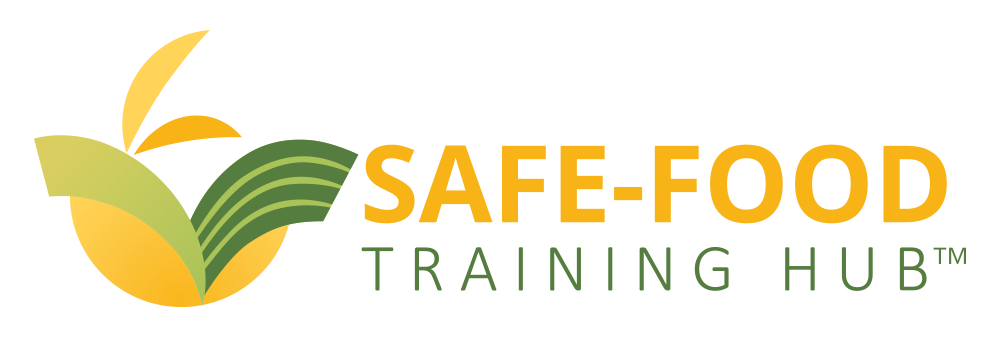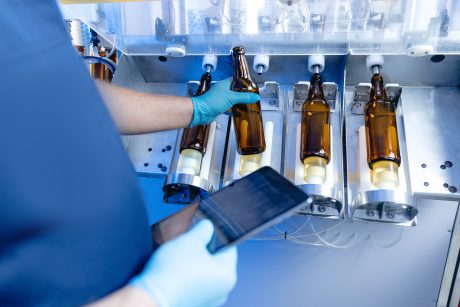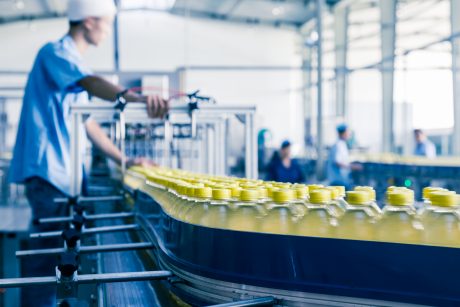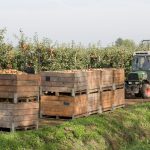Are you confident that your current Food Fraud Vulnerability Assessment will meet not only the required national and international regulatory requirements but also those expectations of your GFSI auditor and your customers? Food fraud is a multibillion-dollar industry carried out by organized criminals and individuals who want to make more money from the same resources often resulting in long-term damage to brand reputation. Be confident that you are meeting the FSMA (Food Safety Modernization Act) Food Defense Plan requirements, Food & Drug Cosmetic Act (1938) and the Department of Commerce food fraud requirements, and learn how to protect your brand.
Food fraud is the deliberate and intentional substitution, addition, tampering or misrepresentation of food, food ingredients or mislabelling on food packaging for economic gain. The FSMA rule 21 CFR Part 121 (IA Rule) requires that mitigation strategies (control measures) are implemented to protect food against intentional adulteration. Facilities are required to create and implement a food defence plan that protects from acts of intentional adulteration.
The top ten most “frauded” foods in the EU & USA are:
- EU: olive oil, fish, organic foods, milk, grains, honey/maple syrup, coffee/tea, spices, wine and some fruit juices like pomegranate.
- USA: Fish/seafood, dairy, oils/fats, meats, alcoholic beverages, honey/sweetners, grain, produce, spices and some types of fruit juices.
One example of food fraud is the cheaper readily available raw material cassia, which is often used as a substitute for the more expensive cinnamon. In other cases, packaging presents a risk. The wine industry is now being targeted by criminals who reproduce the same bottles and labels, but fill them with a much cheaper, non-vintage red wine. Packaging reproduction is a simple process and far easier than product substitution or dilution.
This course will provide participants with the knowledge to implement the requirements of conducting a vulnerability assessment under the FSMA rule 21 CFR Part 121 (IA Rule).

This course was developed by Clare Winkel, an accredited trainer and Executive Manager of Technical Solutions at Integrity Compliance. Clare holds an MBA and Bachelor of Science from Queensland University of Technology. In 2013 Clare won an award for her outstanding contributions to the seafood industry with regard to training. In 2016 Clare developed a methodology to rank the risk of raw materials vulnerability to food fraud.
Clare has worked in the food industry since 1987 across 14 countries in Europe, North America, the Caribbean, Australia, New Zealand and South Pacific. Clare has a particular interest in food safety, site security, food fraud, vulnerability, traceability and food defense. Clare is often invited to present at international conferences and contributes to magazines, blogs, publications and case studies on the subject matter. Clare is a panel member Codex Committee on Food Import and Export Inspection and Certification Systems (CCFICS) and a panel member on the Allergen Bureau Agricultural Allergen Cross Contact Working Group.
Clare is currently working in Australia for Integrity Compliance Solutions (ICS) where she has developed several online courses sharing her knowledge, methodology and expertise. To contact Clare please email; [email protected]











